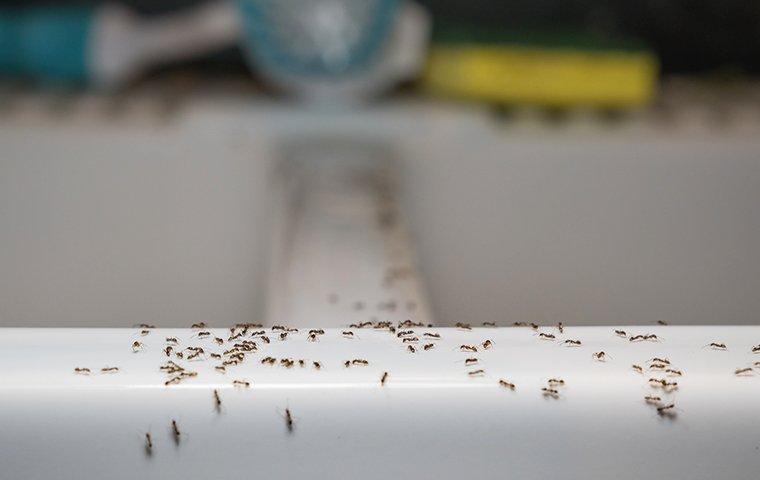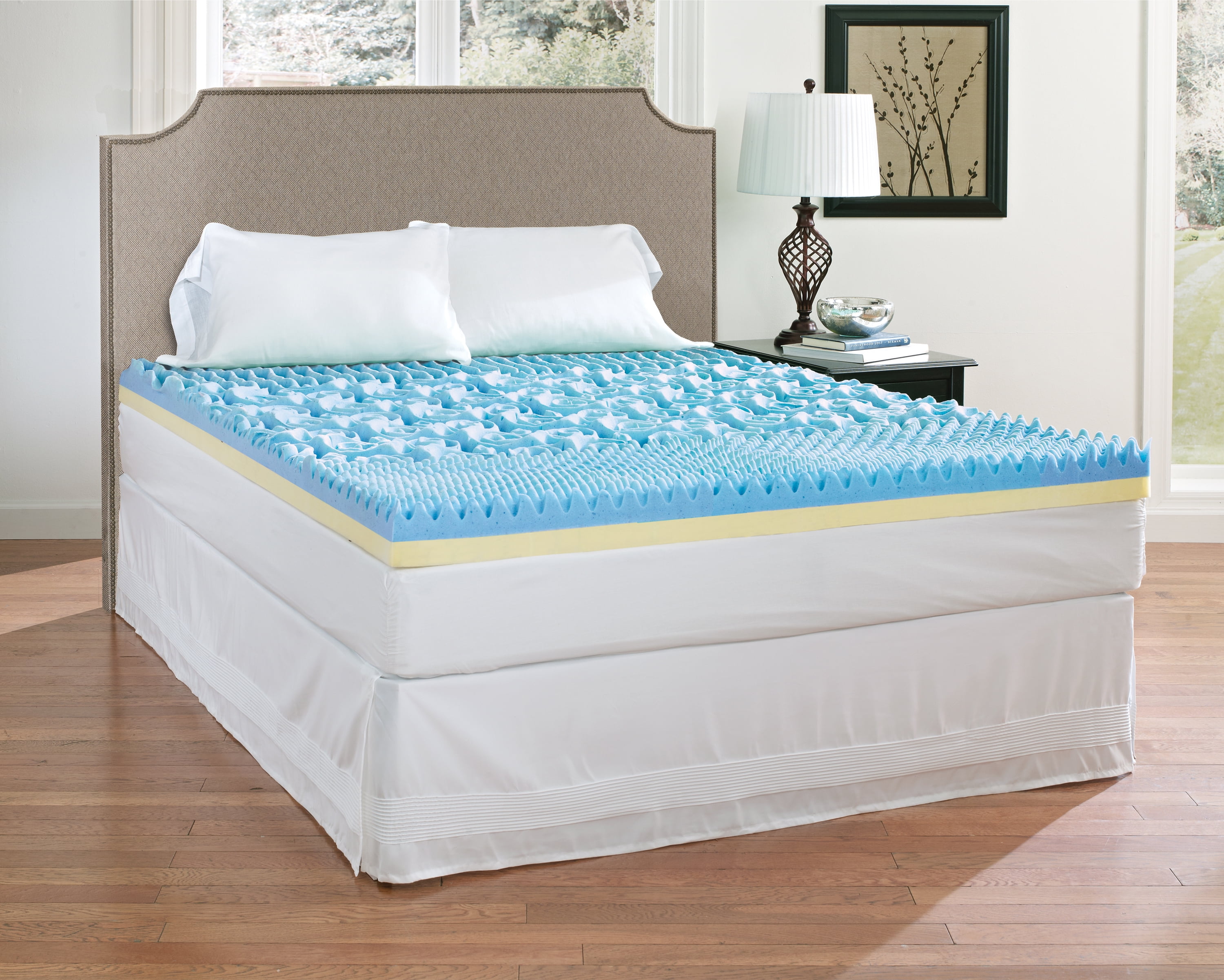If you've noticed tiny ants crawling around your kitchen sink, you're not alone. These pesky insects are a common household nuisance, and can quickly become a problem if left unchecked. Luckily, there are several effective methods for getting rid of tiny ants in your kitchen sink and preventing them from coming back. First, it's important to understand what attracts ants to your kitchen sink in the first place. Like all living creatures, ants need food, water, and shelter to survive. Your kitchen sink provides all three of these essentials, making it an ideal spot for ants to call home. They are also attracted to any food residue or crumbs left behind on dishes or in the sink, as well as any standing water. To get rid of the ants, start by thoroughly cleaning your kitchen sink and surrounding area. Use a mixture of vinegar and water to wipe down the sink and countertops, as the strong scent of vinegar can help repel ants. Be sure to also clean up any spills or food debris immediately, and fix any leaking pipes or faucets that may be attracting ants. Next, try using natural remedies to deter the ants. Sprinkle cinnamon, cayenne pepper, or diatomaceous earth around your sink and along any ant trails to create a barrier that ants will avoid. You can also place cucumber slices or peppermint leaves in areas where you've seen ants, as these scents are known to repel them. If the ants persist, it may be necessary to use a store-bought ant bait or spray. Look for products that specifically target small ants and follow the instructions carefully. Keep in mind that some sprays may be harmful to pets or children, so be sure to use caution when applying them. To prevent future ant infestations in your kitchen sink, it's important to keep it clean and dry at all times. Make sure to promptly wash and dry dishes, and wipe down the sink and countertops after each use. It's also a good idea to seal any cracks or gaps around your sink and pipes to prevent ants from entering your home.1. How to Get Rid of Tiny Ants in the Kitchen Sink
If you're looking for a more natural approach to getting rid of tiny ants in your kitchen sink, there are several options available to you. These methods are not only safer for your family and pets, but they can also be just as effective as chemical sprays and baits. One natural solution is to create a homemade ant bait using a mixture of borax and sugar. The sugar will attract the ants, while the borax will kill them once they consume it. To make the bait, mix equal parts borax and sugar with a little bit of water to form a paste. Place small amounts of the paste on small pieces of cardboard and place them near the ant trails. The ants will take the bait back to their colony, killing off the entire population. You can also use essential oils to repel ants from your kitchen sink. Peppermint, tea tree, and lemon oils are all known to be effective at deterring ants. Simply mix a few drops of your chosen oil with water in a spray bottle and spritz it around your sink and any areas where ants may be entering your home. Another natural solution is to use a mixture of vinegar and water to clean your kitchen sink and surrounding area. The strong scent of vinegar is known to repel ants, and it can also help to eliminate any ant trails that may be present. Just be sure to rinse the sink thoroughly after cleaning to avoid any lingering vinegar smell.2. Natural Ways to Eliminate Tiny Ants in the Kitchen Sink
As mentioned earlier, tiny ants are attracted to your kitchen sink because it provides them with food, water, and shelter. But what exactly is it about your sink that is so appealing to these tiny insects? The food residue and crumbs left behind on dirty dishes and in the sink are a major culprit. Even the smallest amount of food can be enough to attract ants and keep them coming back for more. Additionally, any standing water in your sink or around your kitchen can also be a draw for ants. To prevent ants from being attracted to your kitchen sink, it's important to keep it clean and dry at all times. This means washing and drying dishes promptly, wiping down the sink and countertops after use, and fixing any leaks or standing water as soon as possible. It's also important to seal any cracks or gaps around your sink and pipes to prevent ants from entering your home. These tiny insects can fit through even the smallest openings, so be sure to thoroughly inspect and seal any potential entry points.3. Tiny Ants in Kitchen Sink: Causes and Prevention
If you're dealing with a small infestation of tiny ants in your kitchen sink, you may be able to get rid of them using items you already have at home. These DIY solutions are not only cost-effective, but they can also be just as effective as store-bought products. One popular DIY method for eliminating ants is to use a mixture of equal parts vinegar and water in a spray bottle. Simply spray the solution around your sink and any areas where ants may be entering your home. The strong scent of vinegar will help to repel the ants and discourage them from returning. You can also use lemon juice as a natural ant deterrent. Lemon juice is acidic and contains a compound that is toxic to ants. Simply mix equal parts lemon juice and water in a spray bottle and use it to spray any areas where ants are present. This method may need to be repeated a few times to completely eliminate the ants. If you have a coffee maker, you can also use the leftover coffee grounds to repel ants. Simply sprinkle the grounds around your sink and any areas where ants are present. The strong scent of coffee will help to discourage the ants from entering your home.4. DIY Solutions for Tiny Ants in the Kitchen Sink
Dealing with tiny ants in your kitchen sink can be frustrating and overwhelming. But before you can effectively get rid of them, it's important to understand some key information about these small insects. First, it's important to note that not all ants are the same. There are hundreds of different species of ants, and each may require a slightly different approach to eliminate them. It's helpful to try and identify the type of ant you're dealing with to determine the best course of action. It's also important to know that ants are social insects, meaning they live in colonies with a strict hierarchy. This means that if you see a few ants in your kitchen sink, there are likely many more hiding away in their colony. This is why it's important to not only get rid of the visible ants, but also to eliminate the entire colony to prevent future infestations. Lastly, it's worth noting that ants can be difficult to completely eliminate, especially if they have already established a colony in your home. It may take a combination of methods and some persistence to fully get rid of the ants in your kitchen sink.5. Tiny Ants in Kitchen Sink: What You Need to Know
Prevention is key when it comes to keeping tiny ants out of your kitchen sink. By taking a few simple steps, you can greatly reduce the chances of an ant infestation in your kitchen. First and foremost, keep your kitchen sink clean and dry at all times. This means washing dishes promptly, wiping down the sink and countertops after use, and fixing any leaks or standing water immediately. It's also a good idea to seal any cracks or gaps around your sink and pipes to prevent ants from entering your home. This can be done using caulk or another sealant, and can greatly reduce the chance of ants finding their way inside. Additionally, make sure to store food properly and clean up any spills or crumbs immediately. This will not only prevent ants from being attracted to your kitchen, but it will also help to keep other pests at bay.6. How to Keep Tiny Ants Out of Your Kitchen Sink
As mentioned earlier, there are hundreds of different species of ants, and each may require a slightly different approach to eliminate them. Here are some of the most common species of ants that may be found in your kitchen sink: 1. Odorous House Ants: These ants are attracted to sweet and greasy foods, and can usually be found in large numbers. They have a distinctive rotten coconut smell when crushed. 2. Pavement Ants: These ants are attracted to sweet and greasy foods, and typically nest outside under pavement or sidewalks. They are a common problem in urban areas. 3. Pharaoh Ants: These ants are attracted to sweet and greasy foods, and are known for their ability to quickly infest an area. They are commonly found in homes and hospitals. 4. Argentine Ants: These ants are attracted to sweet and greasy foods, and are known for forming large colonies. They are commonly found in homes and gardens. If you're unsure of the type of ant you're dealing with, it's best to consult with a pest control professional for proper identification and treatment.7. Tiny Ants in Kitchen Sink: Common Species and Identification
If natural remedies and DIY solutions aren't effective in eliminating tiny ants from your kitchen sink, there are several products available on the market that can help. Here are some of the best products for getting rid of tiny ants: 1. Terro Liquid Ant Baits: These baits contain a slow-acting poison that ants will take back to their colony, effectively killing off the entire population. 2. Raid Ant and Roach Killer Spray: This spray is designed to kill ants on contact and can be used as a spot treatment for small ant infestations. 3. Ortho Home Defense Max Insect Killer Spray: This spray is designed to create a barrier around your home, preventing ants and other insects from entering. When using any type of chemical product, be sure to read and follow the instructions carefully. It's also important to use caution when applying these products, as some may be harmful to pets or children.8. The Best Products for Getting Rid of Tiny Ants in the Kitchen Sink
Preventing and controlling tiny ants in your kitchen sink may require a combination of methods and some persistence. Here are some additional tips to help you keep these pesky insects at bay: 1. Keep your kitchen clean and dry at all times. This means washing dishes promptly, wiping down the sink and countertops after use, and fixing any leaks or standing water immediately. 2. Seal any cracks or gaps around your sink and pipes. This will help to prevent ants from entering your home. 3. Store food properly and clean up any spills or crumbs immediately. This will not only prevent ants from being attracted to your kitchen, but it will also help to keep other pests at bay. 4. Use natural deterrents like essential oils and spices. These can be effective at deterring ants and are safer for your family and pets. 5. If necessary, use chemical products carefully and according to the instructions. This may be needed for larger or persistent ant infestations.9. Tiny Ants in Kitchen Sink: Tips for Prevention and Control
As mentioned earlier, sealing any cracks or gaps around your sink and pipes can greatly reduce the chances of ants entering your home. Here's how to do it: 1. Clean the area. Use a cloth and some mild soap to clean the area around your sink and pipes. This will help to remove any dirt or debris that may interfere with the sealant. 2. Gather your materials. For small cracks or gaps, a tube of caulk or sealant should be sufficient. For larger gaps, you may need to use a foam sealant or weather stripping. 3. Apply the sealant. Using a caulk gun or your fingers, apply the sealant along the crack or gap, filling it completely. Smooth out the sealant with your finger or a tool to ensure a tight seal. 4. Let the sealant dry. Depending on the type of sealant used, it may take a few hours or up to a day to dry completely. Be sure to read the instructions on the product you are using. By sealing any cracks or gaps, you can prevent ants and other pests from entering your home through these small openings.10. How to Seal Cracks and Gaps to Keep Tiny Ants Out of Your Kitchen Sink
How to Keep Tiny Ants Out of Your Kitchen Sink: A Guide for Homeowners
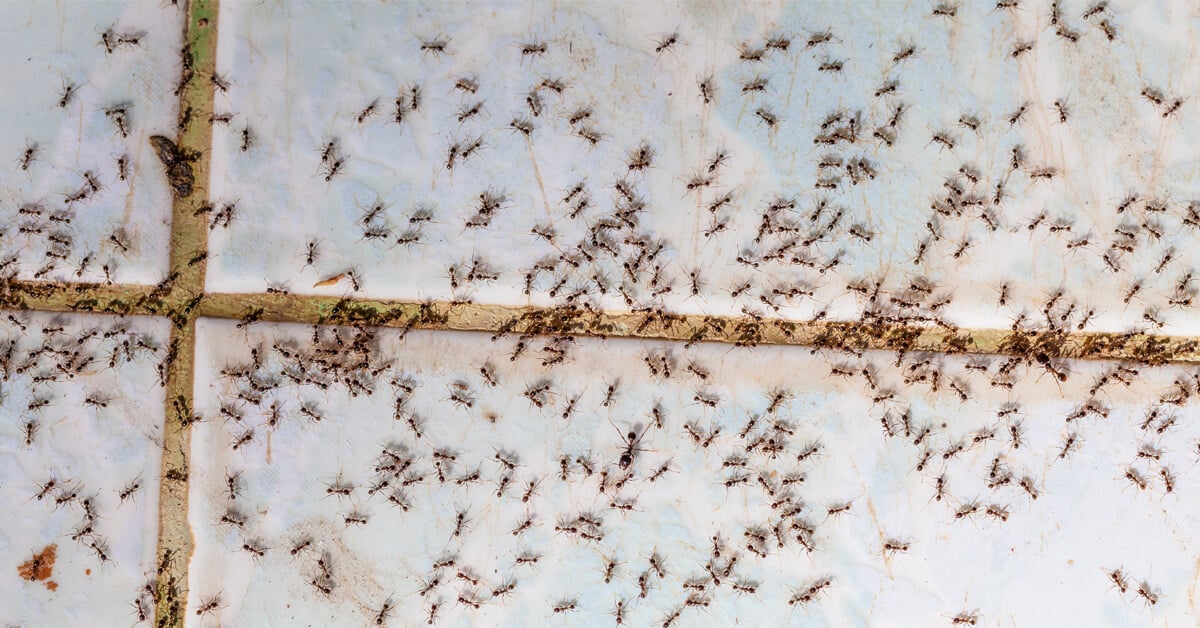
The Struggle with Tiny Ants in the Kitchen Sink
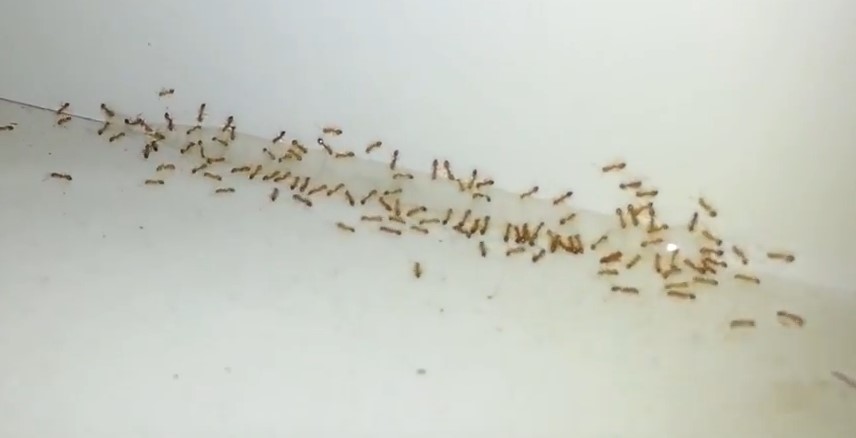 If you've ever experienced tiny ants in your kitchen sink, you know how frustrating and annoying it can be. These pesky insects seem to come out of nowhere and invade your space, crawling all over your dishes and countertops. Not only are they a nuisance, but they can also contaminate your food and possibly spread harmful bacteria. So, what can you do to get rid of these tiny pests and prevent them from coming back? Let's explore some effective solutions.
If you've ever experienced tiny ants in your kitchen sink, you know how frustrating and annoying it can be. These pesky insects seem to come out of nowhere and invade your space, crawling all over your dishes and countertops. Not only are they a nuisance, but they can also contaminate your food and possibly spread harmful bacteria. So, what can you do to get rid of these tiny pests and prevent them from coming back? Let's explore some effective solutions.
Identifying the Source of the Problem
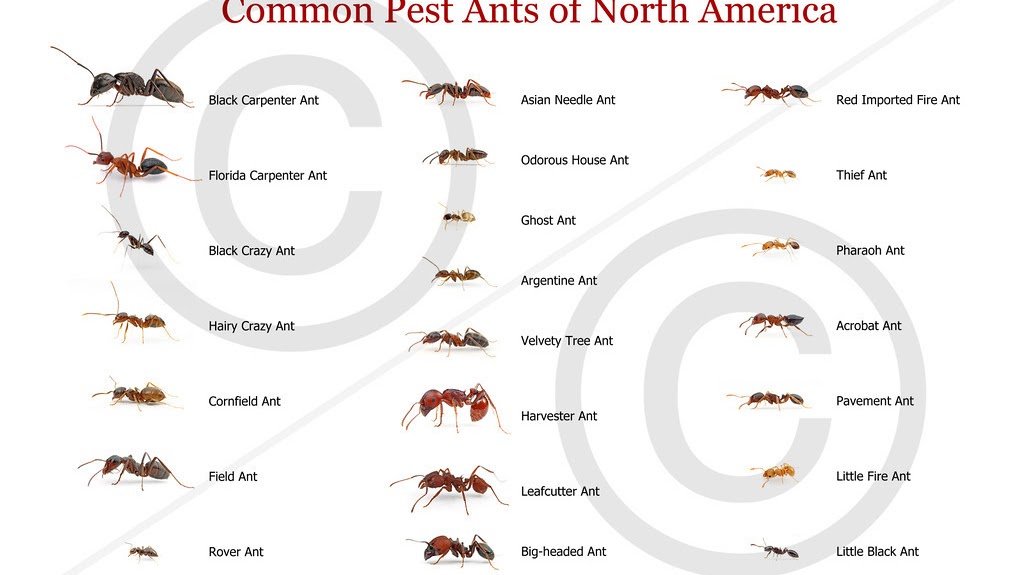 The first step in getting rid of tiny ants in your kitchen sink is to identify the source of the problem. These ants are attracted to food and moisture, so your sink is the perfect place for them to gather. Take a look around your kitchen and see if there are any cracks or openings where the ants may be entering from. They can also be brought in through fruits and vegetables from the grocery store. Once you've identified the source, it's time to take action.
The first step in getting rid of tiny ants in your kitchen sink is to identify the source of the problem. These ants are attracted to food and moisture, so your sink is the perfect place for them to gather. Take a look around your kitchen and see if there are any cracks or openings where the ants may be entering from. They can also be brought in through fruits and vegetables from the grocery store. Once you've identified the source, it's time to take action.
Sealing Up Entry Points
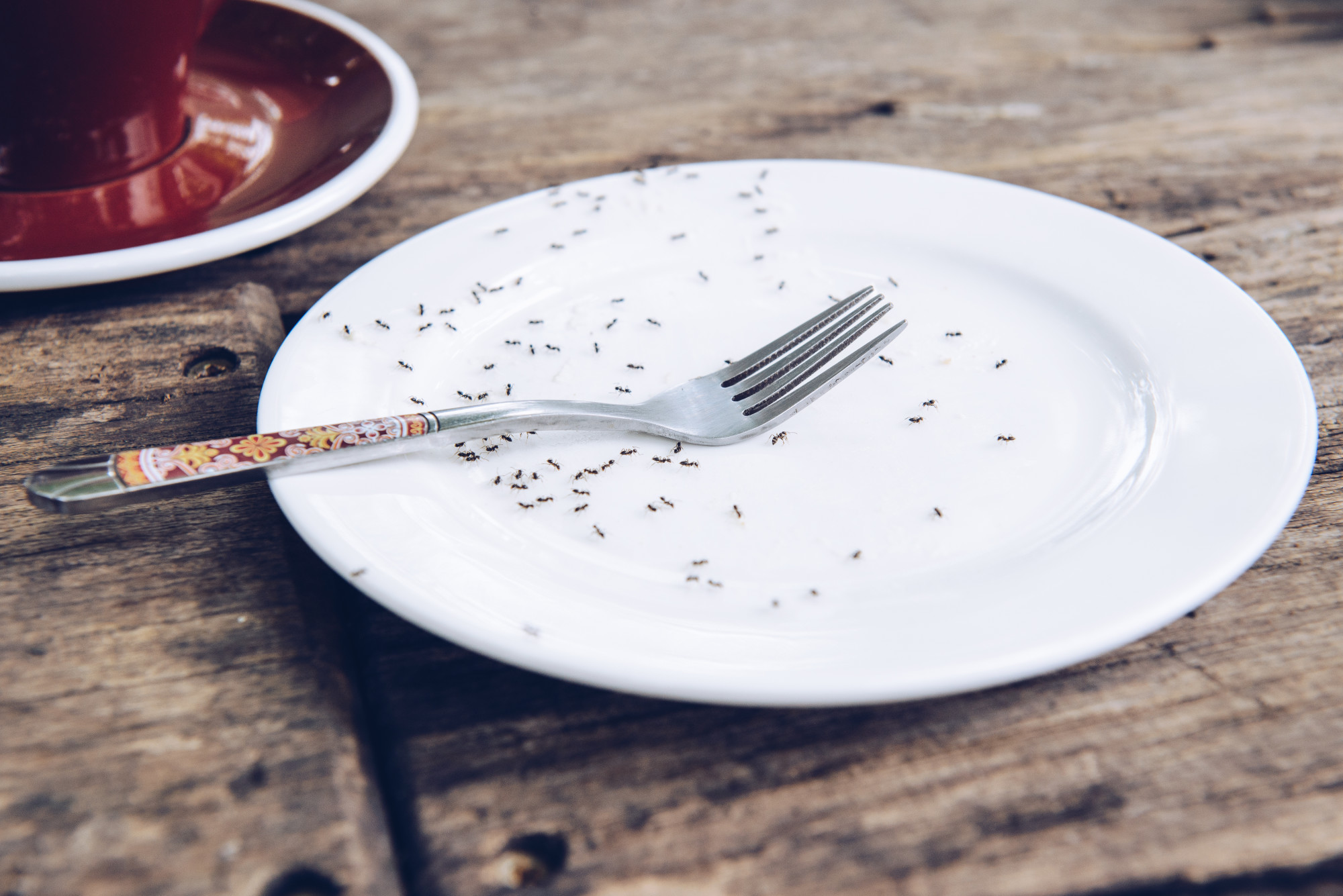 To prevent ants from entering your kitchen through cracks and openings, it's important to seal them up. Use caulk to seal any gaps around your sink, windows, and doors. This will not only prevent ants from entering, but it will also help with energy efficiency. You can also use weather stripping on doors and windows to create a tight seal. Additionally, make sure to store fruits and vegetables in airtight containers to prevent ants from hitching a ride into your kitchen.
To prevent ants from entering your kitchen through cracks and openings, it's important to seal them up. Use caulk to seal any gaps around your sink, windows, and doors. This will not only prevent ants from entering, but it will also help with energy efficiency. You can also use weather stripping on doors and windows to create a tight seal. Additionally, make sure to store fruits and vegetables in airtight containers to prevent ants from hitching a ride into your kitchen.
Cleaning and Disinfecting Your Kitchen
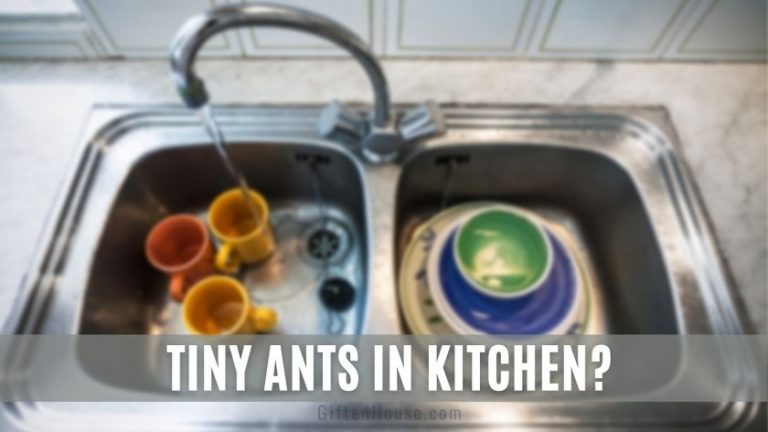 Keeping your kitchen clean and free of crumbs and spills is key to preventing ants from coming back. Make sure to wipe down your counters and sink after each use and regularly sweep and mop the floors. You can also use a mixture of vinegar and water to disinfect your countertops and sink, as ants are repelled by the smell. Pay special attention to areas around your sink and garbage disposal, as these are prime areas for food residue to accumulate.
Keeping your kitchen clean and free of crumbs and spills is key to preventing ants from coming back. Make sure to wipe down your counters and sink after each use and regularly sweep and mop the floors. You can also use a mixture of vinegar and water to disinfect your countertops and sink, as ants are repelled by the smell. Pay special attention to areas around your sink and garbage disposal, as these are prime areas for food residue to accumulate.
Using Natural Repellents
 There are also some natural repellents you can use to keep ants out of your kitchen sink. Peppermint oil, cinnamon, and lemon juice are all effective at repelling ants. Simply mix a few drops of the oil or juice with water and spray it around your sink and countertops. You can also leave out cotton balls soaked in peppermint oil or sprinkle cinnamon near entry points to deter ants from entering.
There are also some natural repellents you can use to keep ants out of your kitchen sink. Peppermint oil, cinnamon, and lemon juice are all effective at repelling ants. Simply mix a few drops of the oil or juice with water and spray it around your sink and countertops. You can also leave out cotton balls soaked in peppermint oil or sprinkle cinnamon near entry points to deter ants from entering.
Calling in the Professionals
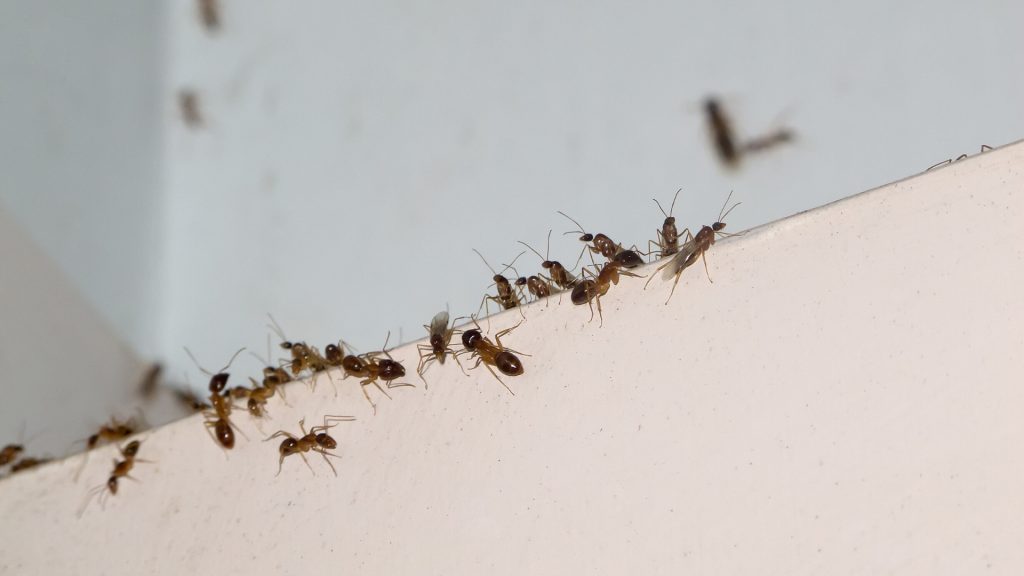 If you've tried all of these solutions and are still struggling with tiny ants in your kitchen sink, it may be time to call in the professionals. Pest control companies have the knowledge and tools to effectively get rid of ants and prevent them from coming back. They can also provide tips on how to keep your kitchen and home free of ants in the future.
If you've tried all of these solutions and are still struggling with tiny ants in your kitchen sink, it may be time to call in the professionals. Pest control companies have the knowledge and tools to effectively get rid of ants and prevent them from coming back. They can also provide tips on how to keep your kitchen and home free of ants in the future.
Conclusion
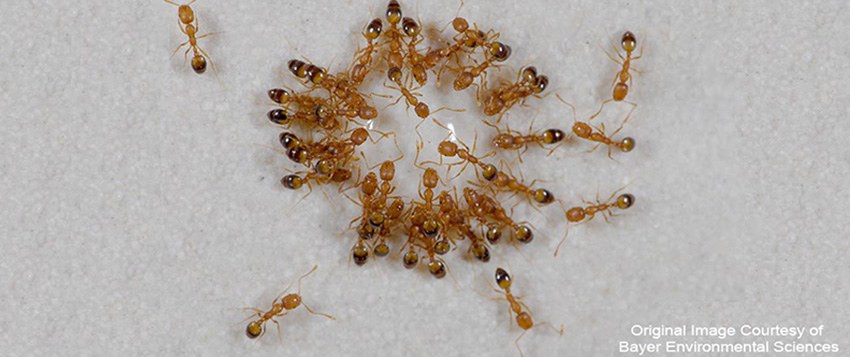 Dealing with tiny ants in your kitchen sink can be a frustrating and ongoing battle. However, by identifying the source of the problem, sealing up entry points, keeping your kitchen clean, and using natural repellents, you can effectively get rid of these pests. If all else fails, don't hesitate to call in the professionals for help. With these tips, you can keep your kitchen sink free of tiny ants and enjoy a clean and pest-free home.
Dealing with tiny ants in your kitchen sink can be a frustrating and ongoing battle. However, by identifying the source of the problem, sealing up entry points, keeping your kitchen clean, and using natural repellents, you can effectively get rid of these pests. If all else fails, don't hesitate to call in the professionals for help. With these tips, you can keep your kitchen sink free of tiny ants and enjoy a clean and pest-free home.



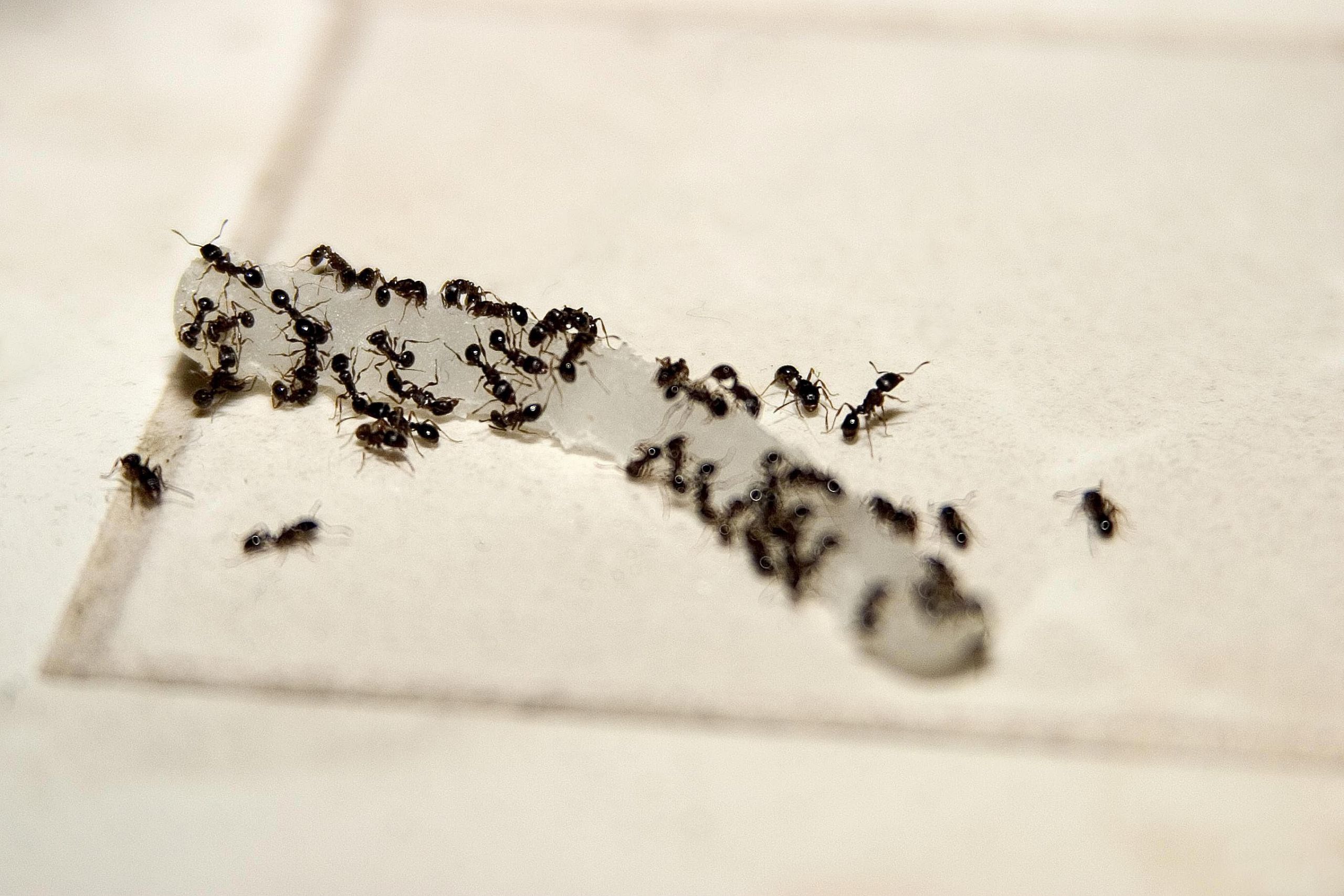
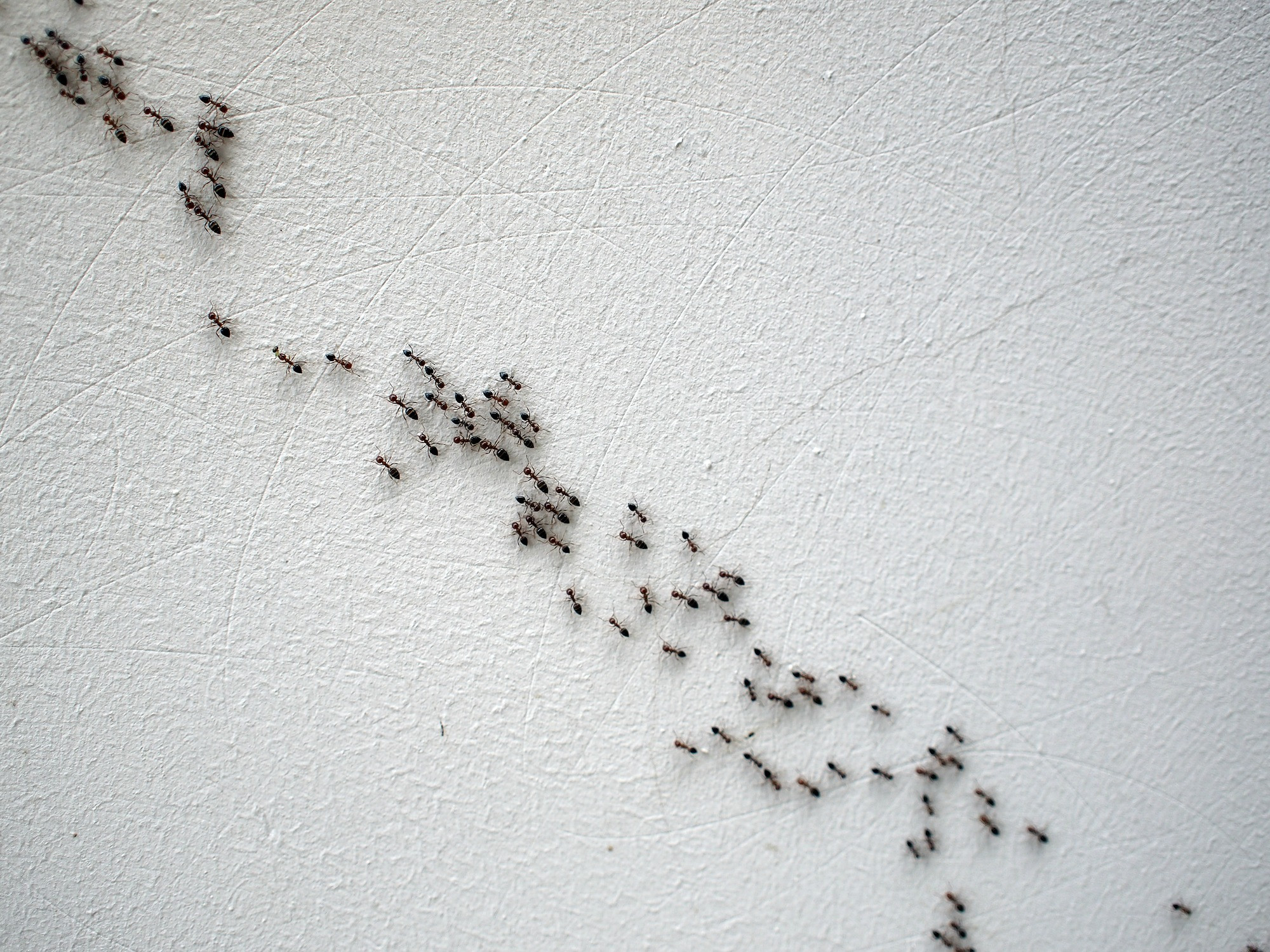
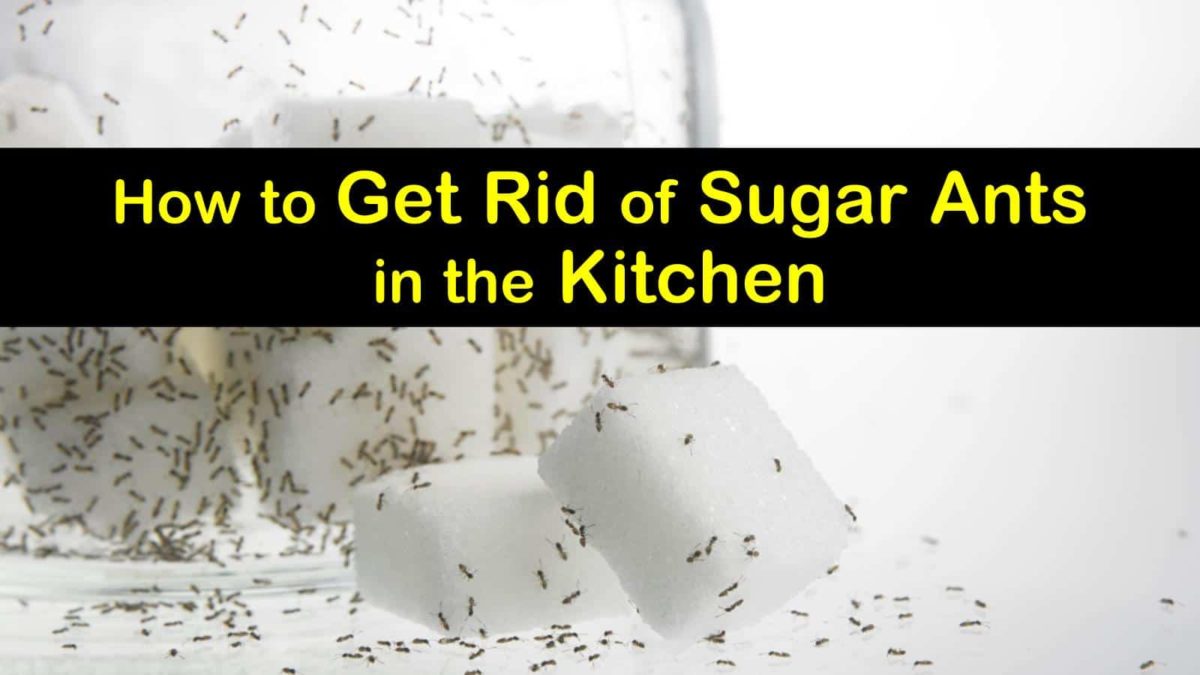

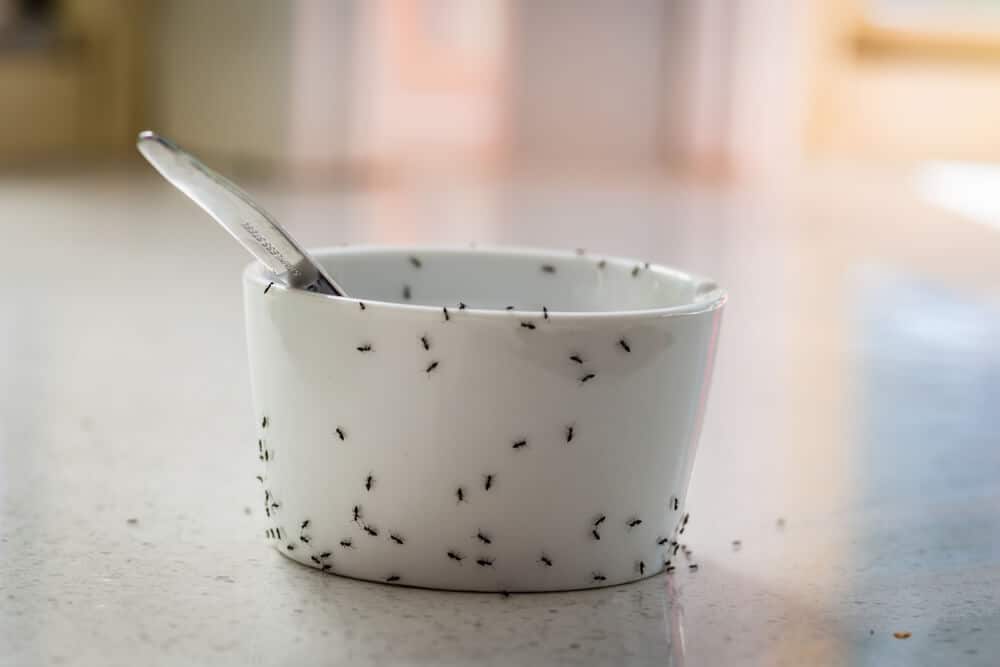



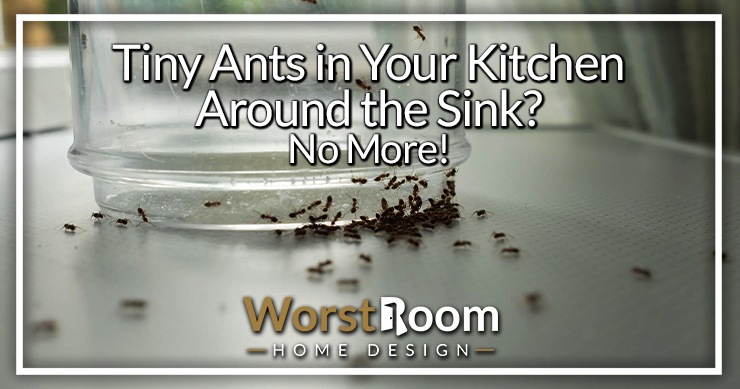


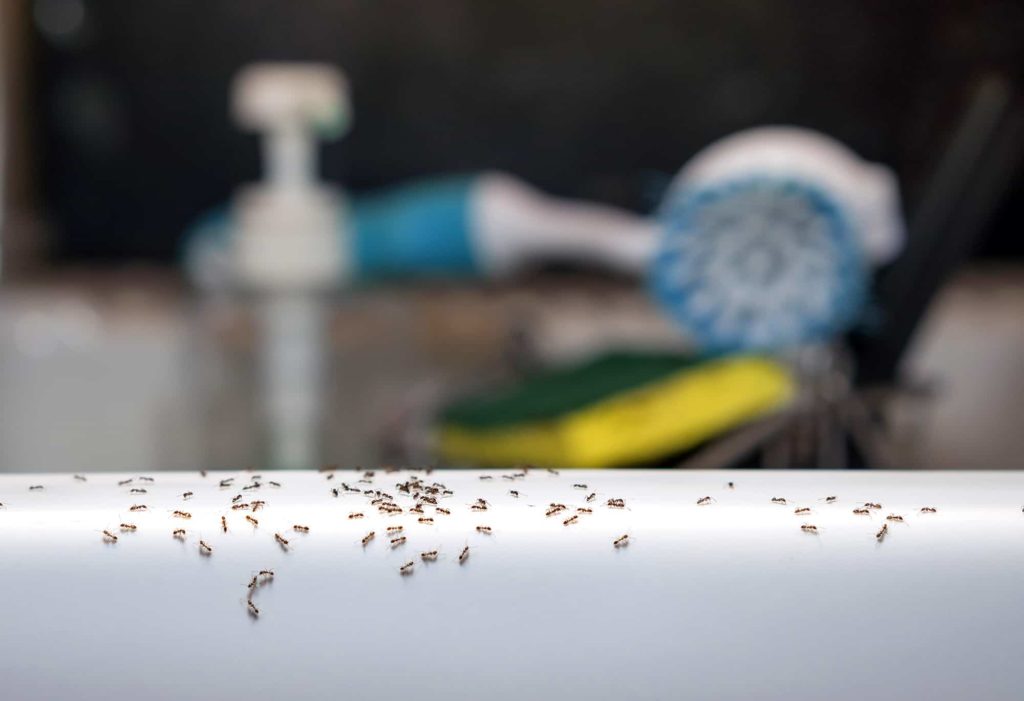
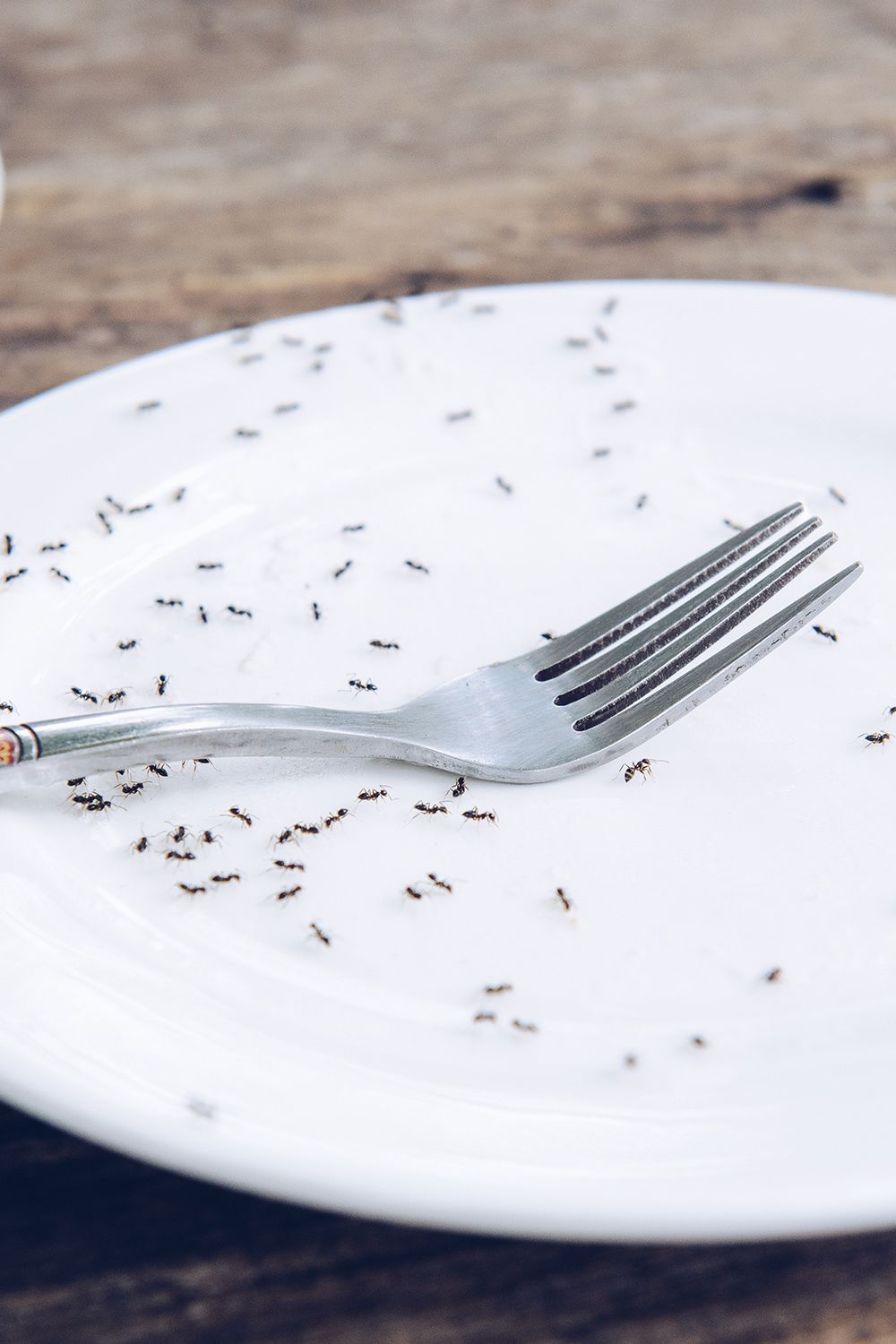


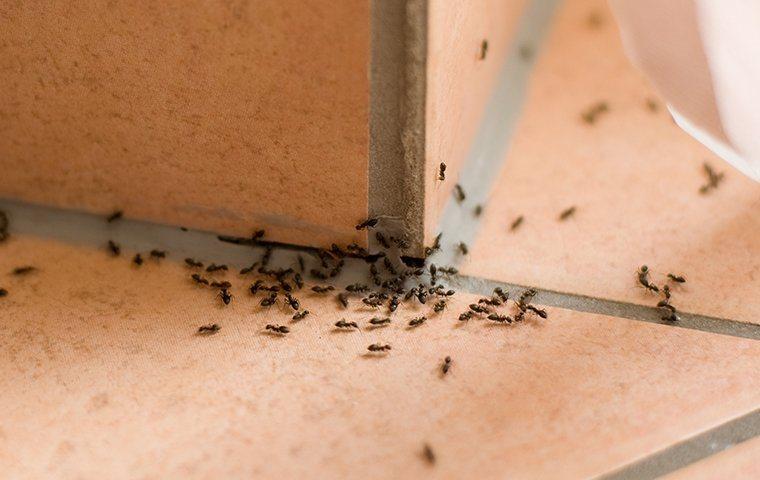
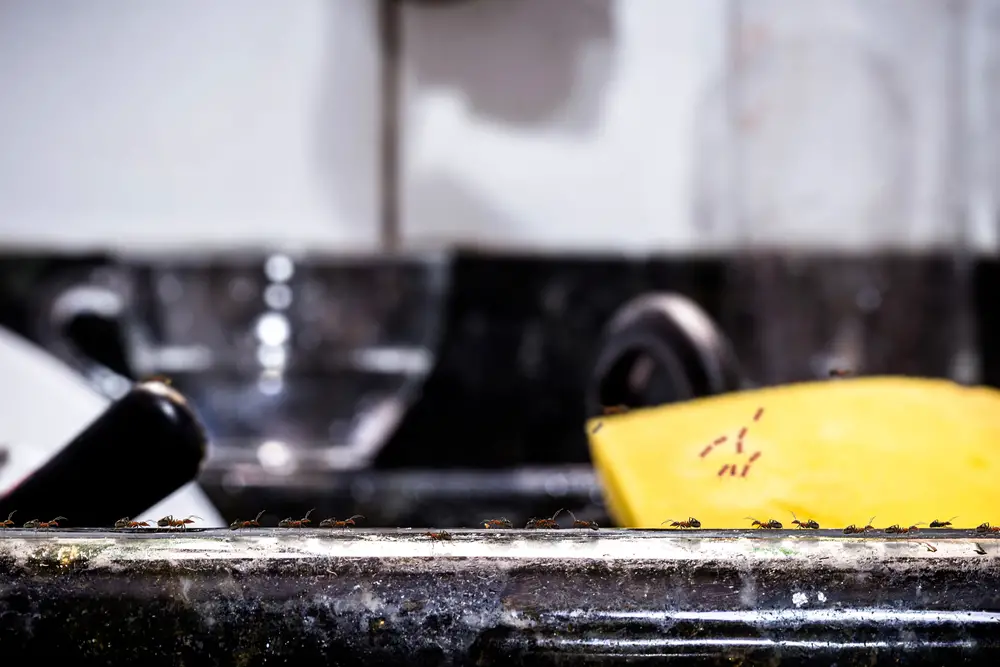
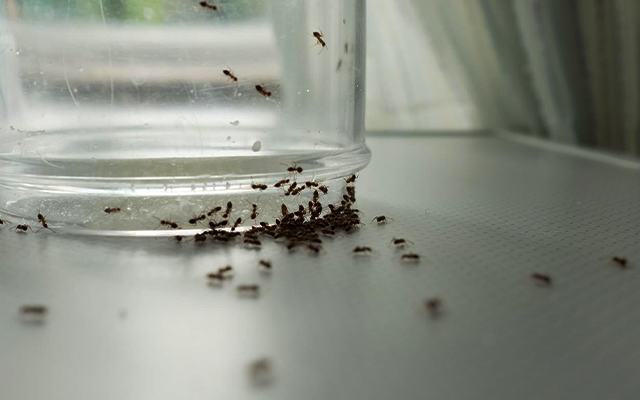



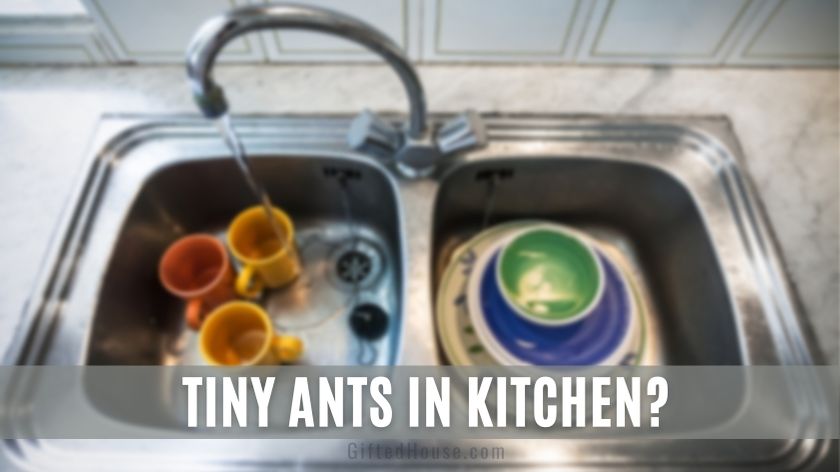
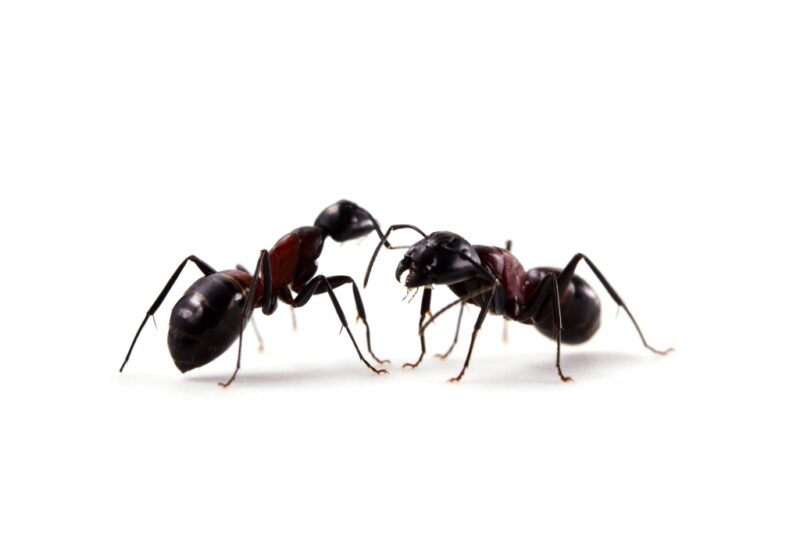




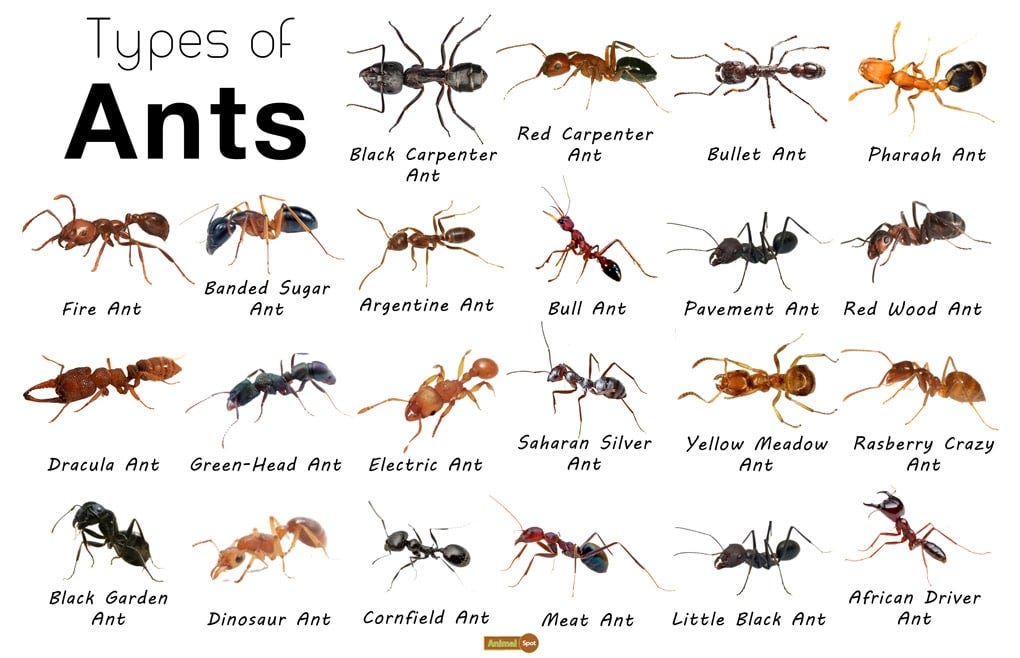
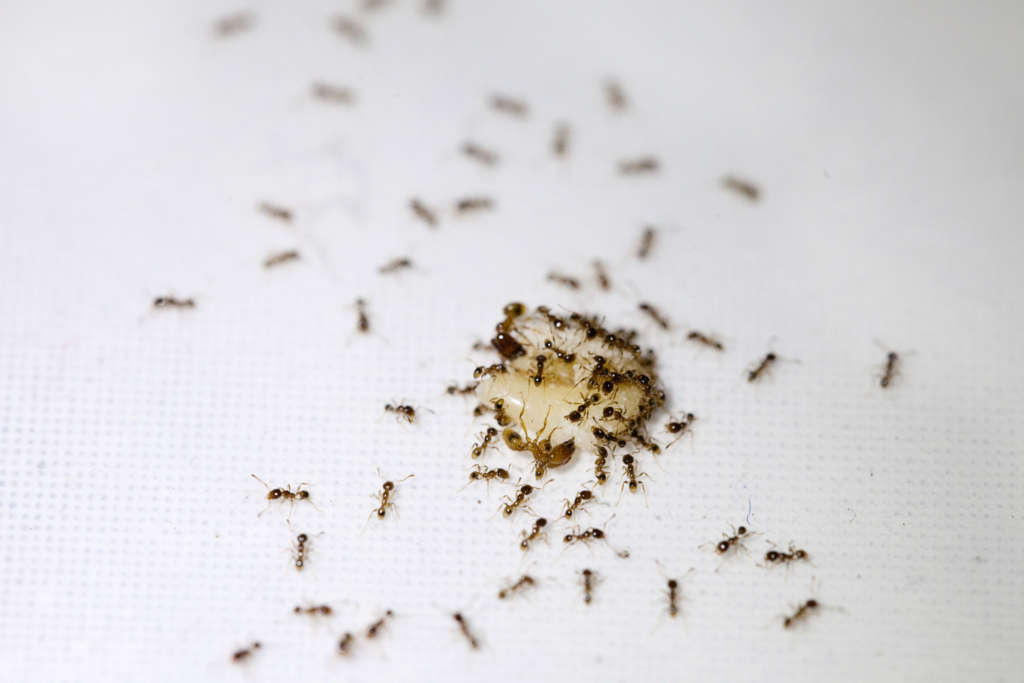









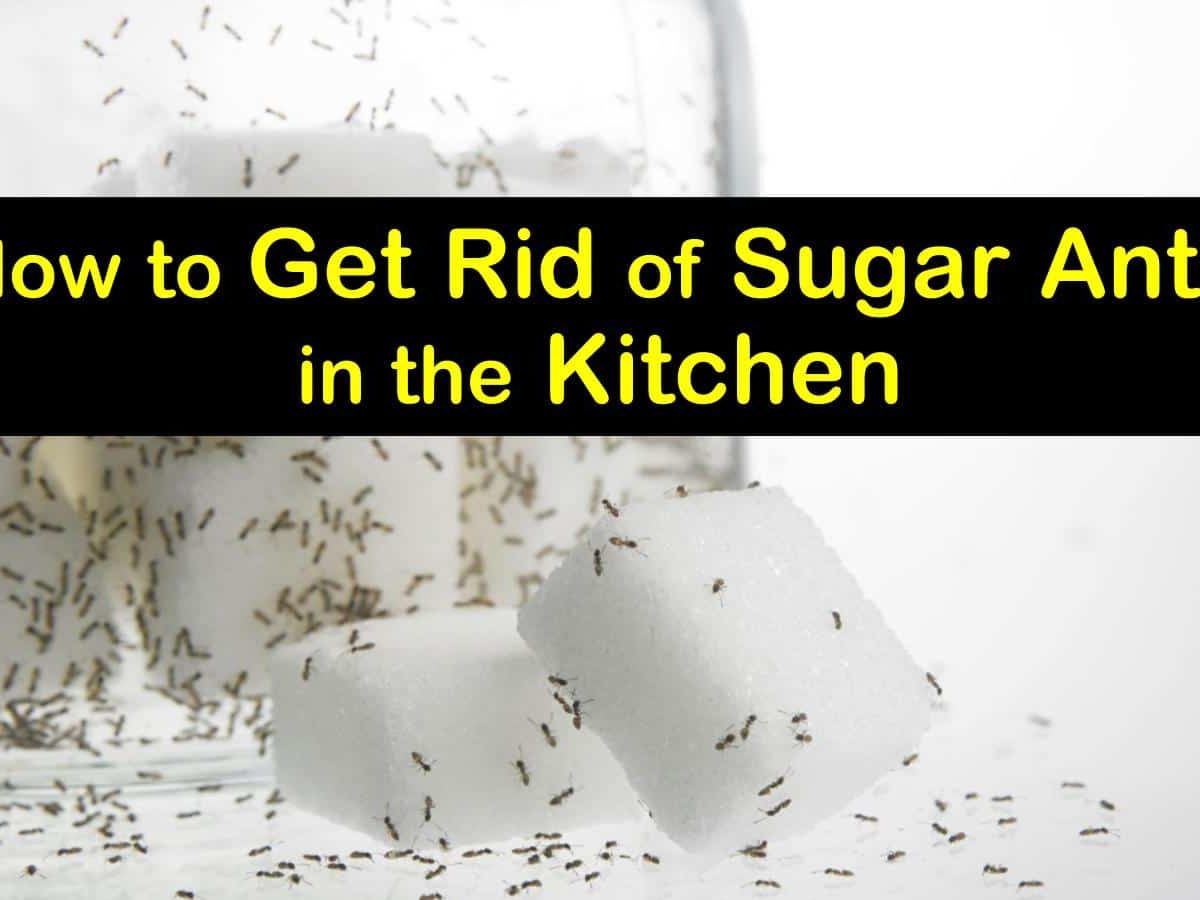
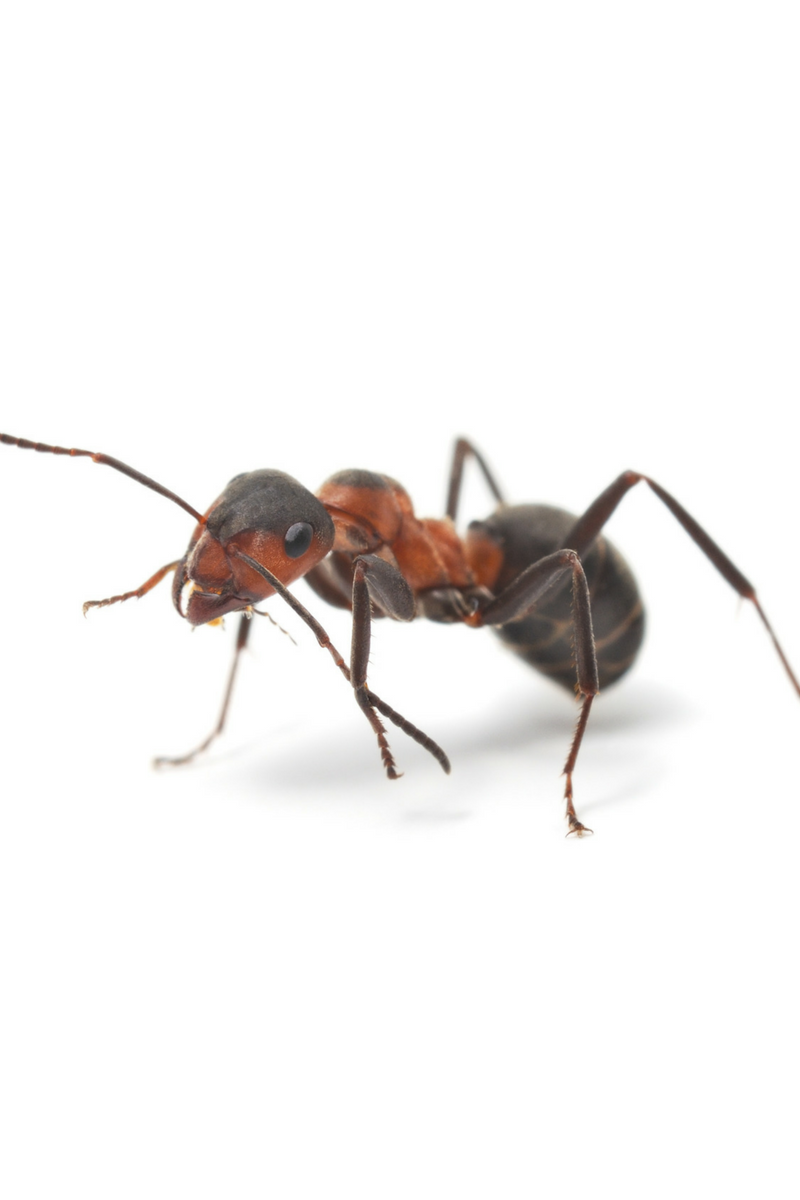
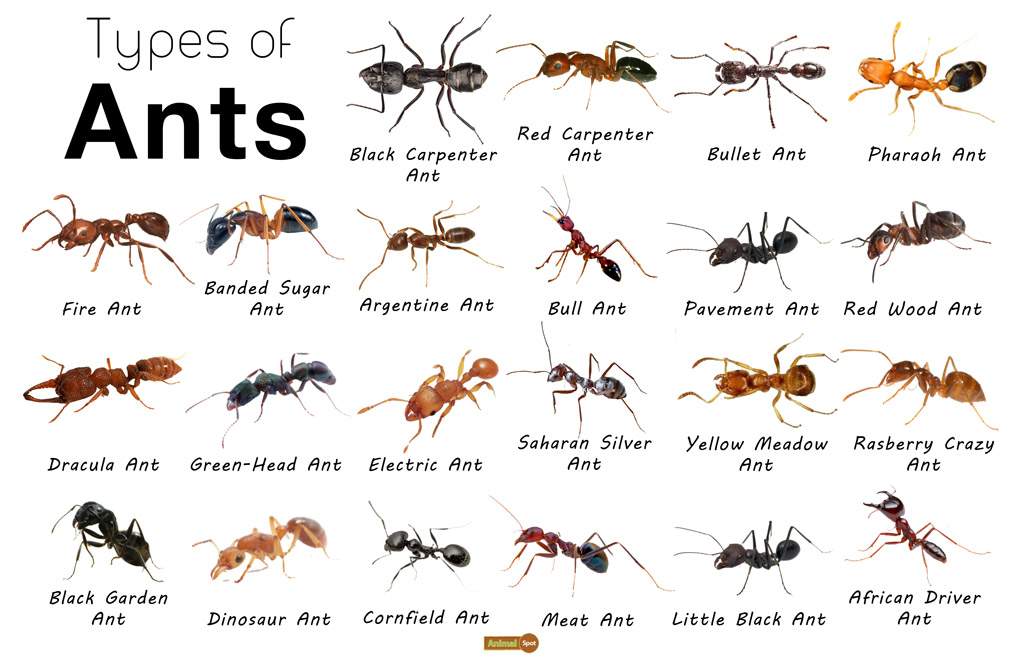
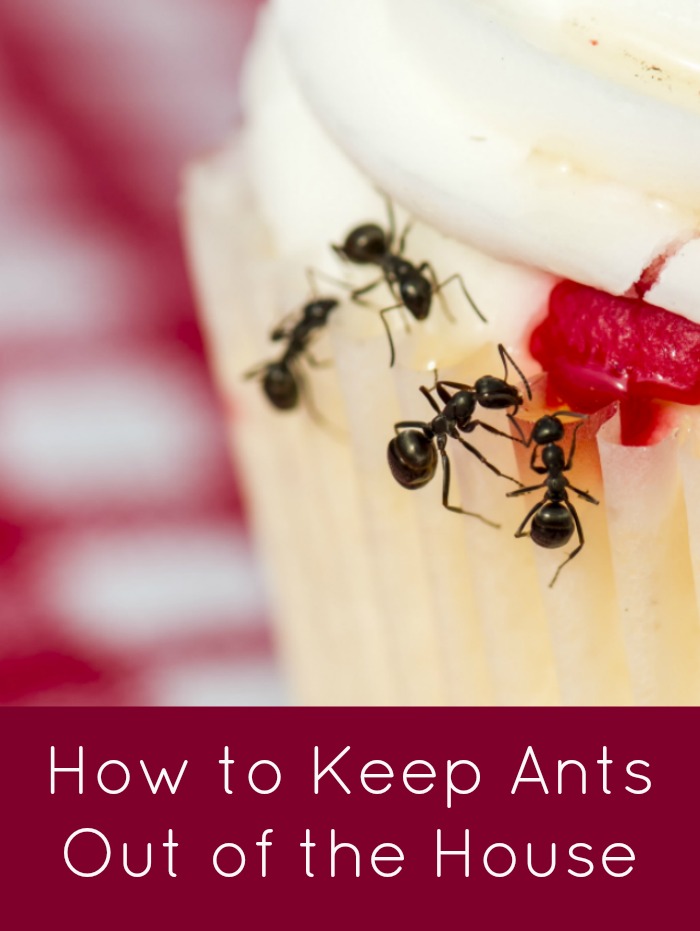

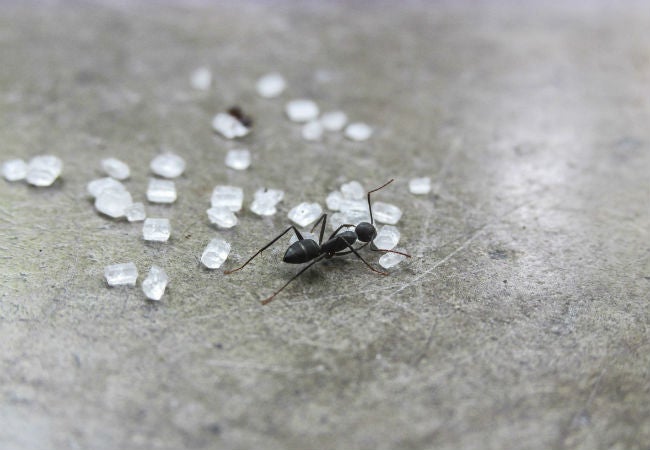
/ants-on-wodden-floor-top-view-mit-ameisengift-184847542-595bd7e85f9b58843f43fbd9.jpg)
